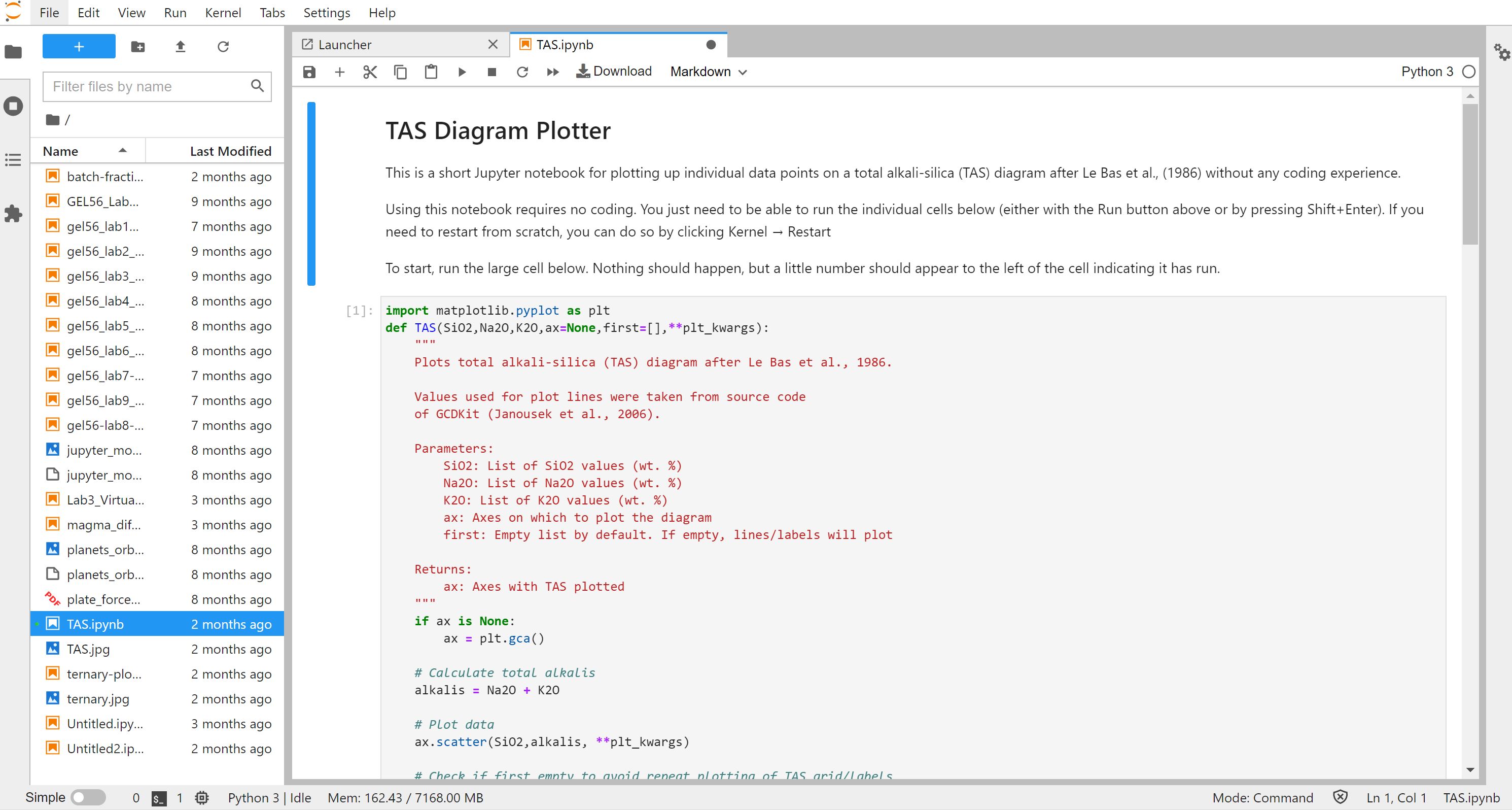Teaching Philosophy
I have taught a wide variety of undergraduate courses as a teaching assistant and instructor, ranging from general education lectures to upper-level lab and field courses. I view undergraduate education first and foremost as a way of introducing students to a different way of knowing and engaging with the world, not as technical training. Thus, when teaching in the Earth sciences, I aim to frame learning about the Earth in the context of learning about a fundamental process that governs how the planet works and/or developing skills will broad applicability, even for students who do not remain in Earth science after graduation. I see the Earth sciences as having several fundamental lessons to teach any undergraduate student:
- We have to try to solve and move forward on problems with incomplete data and considerable uncertainty. The fragmented nature of the geologic record and irreproducibility of most long-term Earth processes provides great training for working with uncertainty.
- We usually have limited time and resources to solve any given problem but still have to do the best we can, even if it isn’t perfect. Field courses bring students face to face with this reality; they have to try to make sense of and simplify complex field relationships without the luxury of infinite time and flexibility.
- Seemingly mundane aspects of the natural world and landscape impart important information about how the planet functions. A student who studies Earth science never sees a river, a mountain, or a rock outcrop along a trail in quite the same way, once they have been trained to interpret these everyday features.
- Deep time provides a critical perspective on what it means to be human and the impact we have upon the planet in the timescale of our lives. Having a sense of timescales ranging from thousands to millions to billions of years helps students reconsider and reflect upon how best to spend the relatively short time they have to engage with the world.
Teaching with Python
I have recently started developing and teaching with short snippets of Python code in Jupyter Notebooks as a way of making quantitative Earth science concepts and problems more accessible to students. The advantage of Jupyter Notebooks is that code blocks can be given detailed annotation in Markdown to explain what the code is doing, and the code can be written in such a way so that students can take advantage of the functionality without necessarily having prior coding or Python experience. The JupyterHub deployed at UC Davis also allows students to run and edit code without needing to worry about installing Python on their local machines.
Currently, I have developed small modules for supplementing the structural geology and igneous petrology labs at UC Davis and maintain a GitHub repository of the modules:
Curriculum Development
Historical Readings on Natural Disasters
I taught as instructor of record for Earthquakes and Natural Hazards (GEL 17) in Spring and Summer 2020 and used the opportunity to integrate historical readings on how societies have responded to and interpreted natural disasters with lectures on the science of why/how natural disasters take place.
Readings from GEL 17
Geologist John Branner’s 1906 Assessment of the San Francisco Earthquake
Hoh/Quileute Native American Myths Related to Cascadia Tsunamis
Japanese Records of the 1700 Cascadia Tsunami
Voltaire’s Description of the Lisbon Tsunami in Candide
Mary Shelley’s Introduction to Frankenstein, Possibly Inspired by the Tambora Eruption

Courses Taught
Tufts
- ECS 22: Structural Geology (Fall 2023)
UC Davis
- GEL 17: Earthquakes and Natural Disasters (Instructor - Spring 2020, Summer 2020)
- GEL 36: Solar System (Discussion TA - Spring 2017)
- GEL 50: Physical Geology (Lecture TA - Fall 2018; Lab TA - Fall 2017, 2020)
- GEL 60: Earth Materials/Mineralogy (Lab TA - Fall 2016, 2019)
- GEL 101: Structural Geology (Lab TA - Winter 2017, 2019, 2021, 2022)
- GEL 103: Field Geology (Field TA - Spring 2018)
- GEL 105: Igneous Petrology (Lecture TA - Winter 2020; Lab TA - Spring 2021)
- GEL 106: Metamorphic Petrology (Lab TA - Spring 2019)
- GEL 110: Summer Field Geology (Field TA - Summer 2017, 2018, 2019)
Indiana University Geologic Field Station
- G429: Field Geology in the Rocky Mountains (Field TA - Summer 2016)
Faculté Polydisciplinaire de Ouarzazate (Morocco)
- Debate (Instructor - Fall 2014)
- English/French Translation (Instructor - Fall 2014)
- English for Tourism (Instructor - Fall 2014)
- British and American Educational Systems (Instructor - Spring 2015)
- Educational Technology (Instructor - Spring 2015)
- Teaching English Writing and Grammar (Instructor - Spring 2015)

